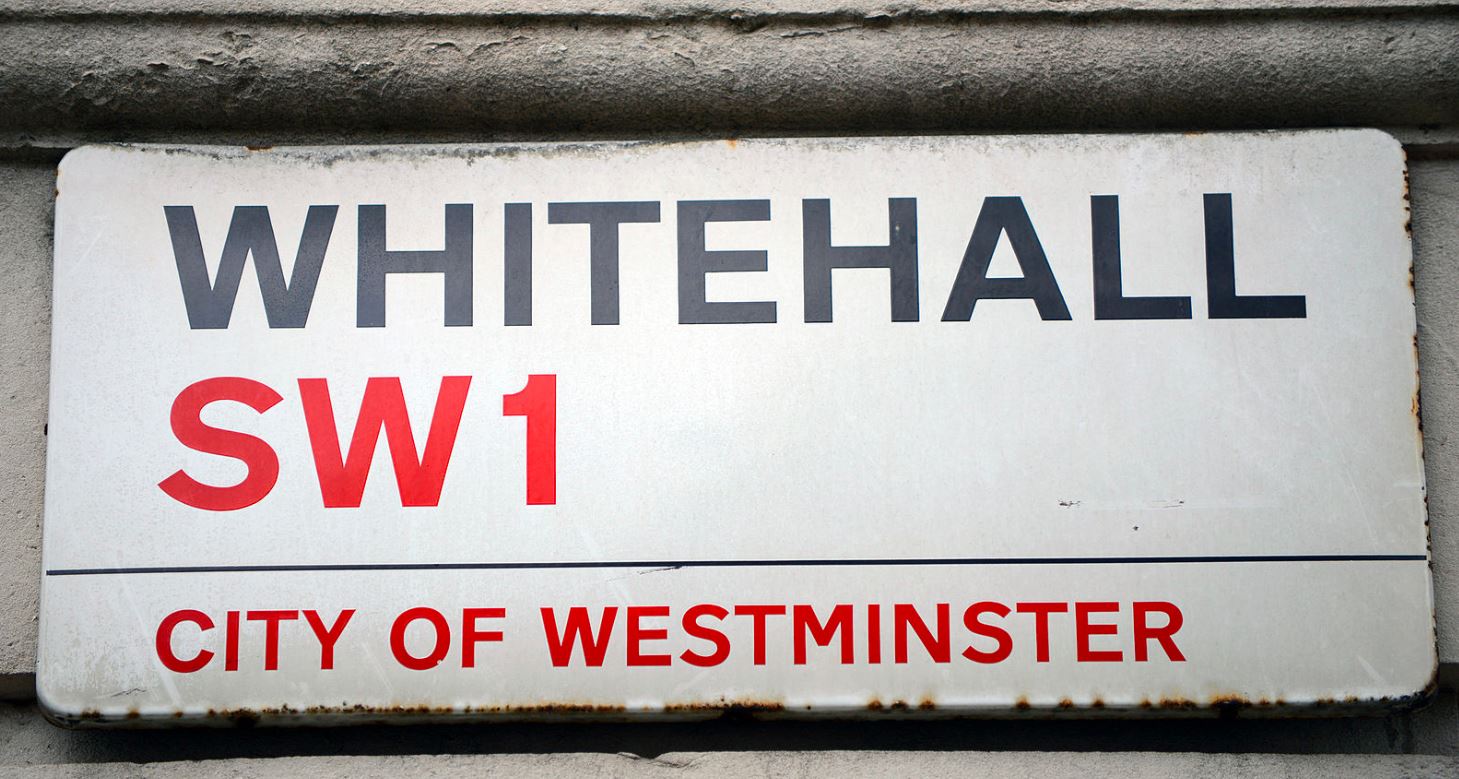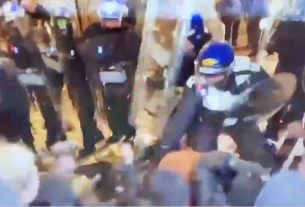Labour has condemned the “lavish spending” culture at the heart of government exposed by its investigation into government procurement cards (GPCs) – credit cards for ministers and officials backed by taxpayers’ money.
Angela Rayner, Labour’s deputy leader said analysis of GPCs revealed a “scandalous catalogue of waste” with taxpayers billed for at least £145.5million in 2021.
The spending of almost £150 million of taxpayers’ money on the procurement cards represents a 70% rise since 2010, when David Cameron led the Conservative-Lib Dem coalition government.
Cameron warned then about the lax rules and poor oversight on the use of GPCs which cost £85 million of taxpayers’ money in 2010.
“Today’s shocking revelations lift the lid on a scandalous catalogue of waste, with taxpayers’ money frittered away across every part of government, while in the rest of the country, families are sick with worry about whether their pay cheque will cover their next weekly shop or the next tranche of bills,” said Rayner, as quoted by the Guardian.
The newspaper says the “information uncovered shows a pattern of using the cards for lavish entertainment, expensive gifts for foreign dignitaries and luxury hotel stays.”
The revelations include Liz Truss and her team spending almost £1,500 on lunch and dinner in Indonesia when she was foreign secretary, and then chancellor Rishi Sunak and his Treasury aides spending £4,500 of taxpayers’ money for hotels in Venice.
Spending by civil servants from 14 of the 15 main government departments stretched beyond fine dining and luxury hotels to include expensive furnishings, art works and alcohol.
Among its “12 examples of ‘lavish spending’ on Whitehall procurement cards”, the Independent highlights the £345,000 spent by the Foreign Office in “restaurants and bars” and £3,266 on luxury lighting that was registered as “computer software”.
Increasingly embattled Sunak has come under fresh fire after it was revealed the Treasury spent more than £3,000 on fine art photographs from the Tate to furnish offices. The government has its own art collection.
Downing Street responded to the claims saying Treasury officials signed off for the art works and not Sunak, while accommodation was similarly someone else’s decision.
“Hotels for G20 finance ministers and central bank governors,” the prime minister’s official spokesperson said, “were recommended by hosts and as such the prime minister was not involved in those decisions at all.
“In terms of art work in the Treasury, the PM – when chancellor – was not involved in that decision either. It was a non-ministerial decision related to refurbishment of some of the offices.”
Rayner vowed that Labour will establish a new regulator to oversee civil service spending called the Office of Value for Money.
Labour’s report on GPCs too several months to complete and involved more than 300 freedom of information requests and parliamentary questions.
Transport minister Richard Holden hit back on behalf of the government, saying Labour’s investigation into GPCs has “wasted” civil servants’ time in answering the requests and questions, given all of the information was already publicly available.




